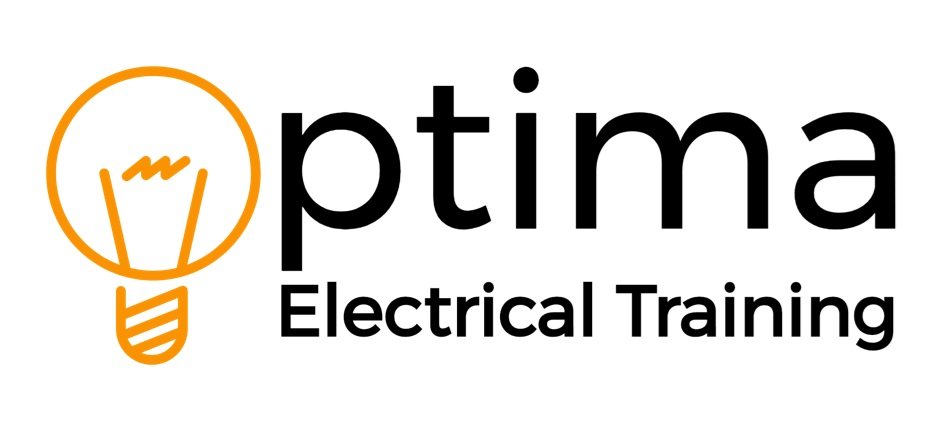Is University Still Worth It? Exploring the Value of Higher Education in the UK
The debate surrounding the value of university education in the UK has reached a critical juncture, shaped by economic pressures, shifting societal expectations, and evolving opportunities outside traditional higher education.
Former Universities Minister David Willetts, instrumental in tripling tuition fees in 2012, recently defended higher education as “the most powerful single tool we have to boost the living standards and life chances of many young people.” His assertion invites scrutiny, especially given the current challenges facing higher education, the rise in scepticism among young people, and the growing popularity of alternative pathways.
The Case for University: Earnings and Long-Term Benefits
Willetts’ recent report for King’s College London highlights that higher education remains a worthwhile investment. Studies show that by age 31, graduates earn 37% more than non-graduates with at least two A-levels. Over a lifetime, an undergraduate degree offers a financial return of £280,000 for men and £190,000 for women, even after accounting for taxes and student loan repayments. Beyond immediate financial benefits, graduates tend to stay in the workforce longer and experience steady earnings growth into middle age, unlike those with vocational qualifications.
However, the real earnings of young graduates have stagnated over the past decade. Rising minimum wages have helped boost non-graduate earnings, narrowing the gap. Yet, the broader benefits of higher education extend beyond salaries. Willetts emphasises the improved physical and mental health associated with holding a degree, underscoring the intangible value of university education.
The Shifting Dynamics of Higher Education Demand
While tuition fees have remained relatively stable since their hike in 2012, the broader financial context has shifted. The recent Labour government’s decision to increase fees to £9,500 in 2025 sparked debate but is unlikely to significantly deter applicants. More concerning is the stagnation in domestic demand for university places, despite a growing population of 18-year-olds.
Nick Hillman, director of the Higher Education Policy Institute (HEPI), warns of “softening demand” for higher education, contrary to expectations of a university boom. A HEPI report from 2022 highlights a reversal in the proportion of young people pursuing higher education, with numbers expected to decline further by 2030 due to demographic changes.
Rising Alternatives: Apprenticeships, Vocational Training, and Gap Years
One significant factor driving the decline in university applications is the growing popularity of alternatives to traditional higher education. Apprenticeships have seen a surge in interest, offering young people the opportunity to earn while they learn, often culminating in a degree without the burden of student loans. Conor Cotton, founder of Not Going To Uni, reports a significant increase in apprenticeship applications, driven by concerns over tuition fees and the rising cost of living.
Another compelling alternative is vocational training courses, which are becoming an increasingly attractive option for school leavers. These programmes prepare individuals for skilled trades such as plumbing, electrical work, carpentry, and HVAC (heating, ventilation, and air conditioning). The demand for tradespeople remains strong, offering secure career prospects and competitive salaries without the financial burdens associated with university degrees.
Organisations like City & Guilds and private training providers offer tailored courses for trades, which often include hands-on learning and certification recognised by employers. With the construction and maintenance industries consistently seeking skilled workers, vocational training offers an excellent pathway for those looking to enter the workforce quickly while avoiding significant student debt.
Gap years and international experiences are also growing in popularity, particularly for those whose education and social lives were disrupted by the pandemic. Organisations such as Camp America have reported increased interest in paid opportunities abroad, reflecting a desire among young people to explore the world before committing to further education or work.
The Challenges Facing UK Universities
The impact of these trends is uneven across the higher education sector. Prestigious Russell Group universities continue to attract strong interest from domestic and international students, though some have lowered entry requirements to maintain enrolment. Conversely, mid-tier institutions, smaller specialist universities, and those in regions with declining populations face financial and operational challenges.
Scottish universities, constrained by funding limitations, and ex-polytechnic institutions have also felt the strain. As competition for students intensifies, some universities may need to rethink their offerings and adapt to remain relevant.
Addressing Barriers to Higher Education
To reverse the decline in university uptake, targeted interventions are needed. HEPI’s Hillman advocates for an overhaul of the student maintenance system, which has failed to keep pace with rising living costs. For many students, the financial burden of housing and basic necessities overshadows the theoretical affordability of tuition fees.
Efforts must also focus on underrepresented groups, including young men and individuals from low-income backgrounds, to ensure university remains accessible and appealing. Clearer communication about potential earnings and career trajectories associated with specific degrees could empower prospective students to make informed decisions.
Reimagining the University Experience
Beyond financial considerations, universities must address the broader student experience. The social and extracurricular aspects of university life, historically a major draw, are under threat as students juggle part-time work and tighter budgets. A more inclusive and supportive university environment—one that accommodates the diverse needs of modern students—may help rekindle enthusiasm for higher education.
Conclusion: A Path Forward
David Willetts’ defence of university education highlights its enduring value, but the challenges facing the sector cannot be ignored. Rising costs, alternative pathways such as apprenticeships and vocational training, and shifting societal expectations have complicated the equation for young people weighing their options. While university remains a powerful tool for improving life outcomes, revitalising its appeal requires systemic changes, from enhanced financial support to a reimagined student experience.
As the UK navigates these complexities, one thing is clear: the future of higher education depends on its ability to adapt to the evolving aspirations and realities of the next generation. For many, university may still be the right choice—but it must be a choice that feels both accessible and worthwhile. For others, vocational training and apprenticeships present exciting, practical alternatives, offering diverse opportunities for success in an ever-changing economy.
Ready to Shape Your Future? Enrol in Our Training Courses Today!
Take the first step towards a rewarding career with our industry-leading training programmes. Whether you’re interested in becoming a skilled tradesperson, pursuing a degree apprenticeship, or exploring hands-on vocational training, we’ve got you covered. Gain practical skills, earn recognised qualifications, and kickstart your career without the burden of student debt.
Contact us: Request Information
Email: info@optima-ect.com
Freephone +44 800 0371572


